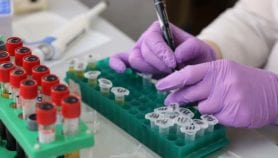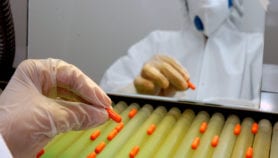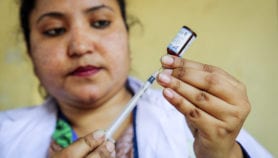By: Nicky Lewis
Send to a friend
The details you provide on this page will not be used to send unsolicited email, and will not be sold to a 3rd party. See privacy policy.
The biotechnology giant, Monsanto has granted a royalty-free licence allowing a US research institute to use patented techniques developed by the company to improve the staple crop cassava.
Cassava — a tropical plant grown for its starchy roots — is one of the most important food crops in the world, and is consumed by nearly 600 million people daily.
The Donald Danforth Plant Science Center — a not-for-profit institution in St Louis — will use Monsanto’s technologies to further its research into cassava. Such research includes modifying the plant genetically to resist diseases, and enhancing its nutritional content.
“Part of the Danforth Center’s mission is to facilitate the development and transfer of technologies for developing countries, and we are pleased that we have received this licence from Monsanto toward that purpose,” Roger N Beachy, president of the Danforth Center said in a statement.
The move is part of the ‘New Monsanto Pledge’, a commitment by the company — which has come under widespread criticism for its efforts to promote genetically-modified crops in developing countries — to share knowledge and technology with public institutes, and to bring agricultural advances to resource-poor farmers in developing countries.
“By providing this licence we hope to accelerate valuable research taking place in public and non-profit research institutions to benefit the developing world,” said Hendrik Verfaillie, Monsanto’s chief executive officer.
The announcement coincides with the publication of a new study by the United Nations University, which concludes that genetically modified crops are being developed primarily to improve herbicide tolerance and pest resistance, rather than to directly boost crop yields which is the priority for the world’s poorest people (World’s poor ‘missing out on GM crop potential’).
© SciDev.Net 2002













